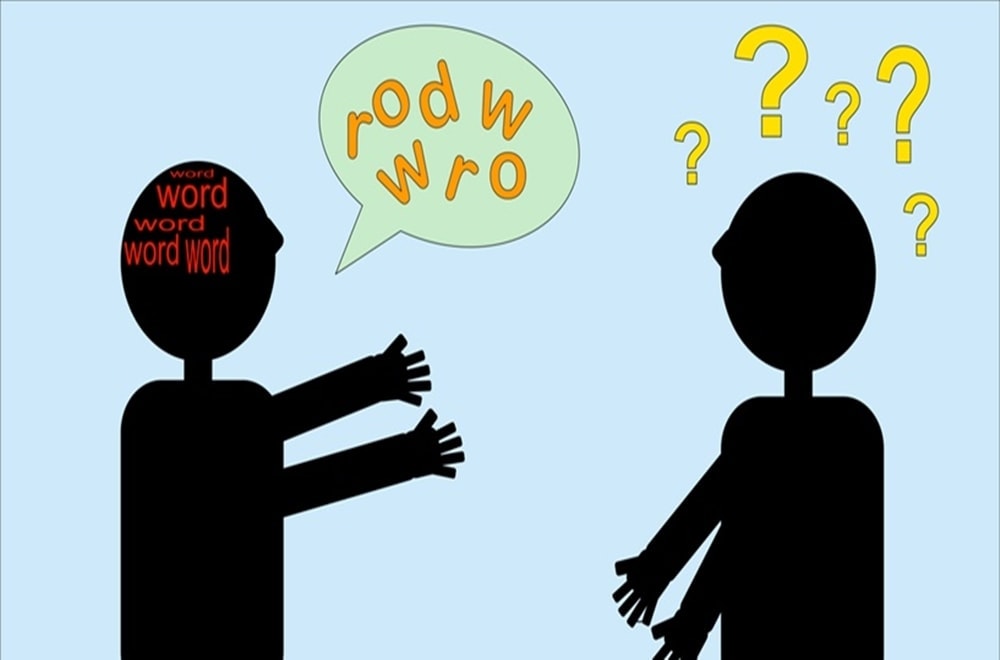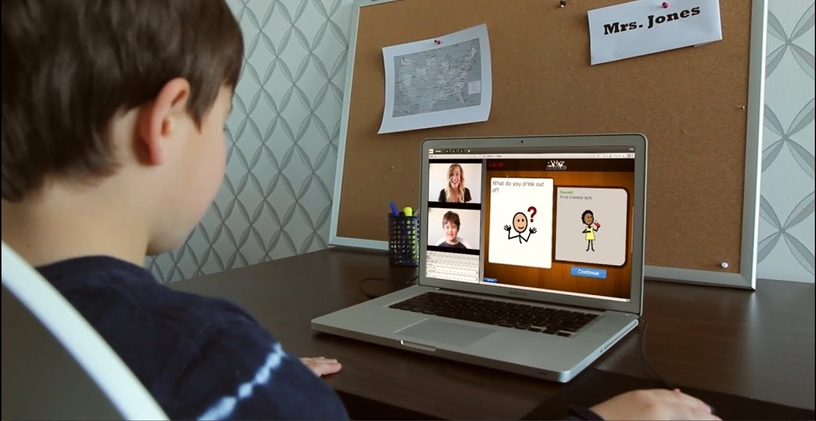How To Treat Communication Problems

Communication problems are very common after a stroke. Around one-third of stroke survivors have problems with speaking, reading, writing and understanding what other people say to them.
Why Do Communication Problems Happen?
When we communicate, our brain has to complete a series of tasks. Different parts of our brains are responsible for each of these tasks. If one of these parts is damaged by a stroke, it can cause problems with communication.
What Are Communication Problems?
- Aphasia affects your ability to speak and understand what others say. It can also affect your ability to read and write. It happens when you’re no longer able to understand or use language. Aphasia is a common problem after stroke and around a third of stroke survivors have it.
- Dysarthria happens when you’re not able to control the muscles in your face, mouth and throat very well, so it’s difficult to speak clearly. This can mean that your speech becomes slurred or slow or that your voice sounds quiet.
- Apraxia of speech is when you can’t move the muscles in your face, mouth or throat in the order you need to when you’re speaking. This can make it difficult for other people to understand you.
Although some people assume that they do, communication problems do not affect your intelligence. If you have communication problems you simply have problems with the process of speaking and understanding language.
Treatment of Communication Problems
Most communication problems do improve, but it’s difficult to predict how much they’ll improve or how long it will take, as it’s different for everyone. Problems tend to be worse in the first few weeks and will improve quite quickly within the first three to six months. However, people continue to recover for months and even years after this.
For most people, getting better is about returning to the way they were before their stroke. Being able to speak again is particularly important for a lot of people. But even if you don’t recover completely, there are many ways to communicate that don’t rely on speaking. Lots of stroke survivors continue to live full and happy lives, even though they still have problems with communication.
Communication problems can be treated using speech and language therapy. A speech and language therapist can help you to improve your speech, reading and writing as much as possible.
They can also help you to learn other ways to communicate. These are known as compensation or coping strategies. They include anything from gestures to electronic devices – anything that can help you get across what you want to say.
If you have communication problems you should be referred to a speech and language therapist for an assessment whilst you’re in the hospital. Using the results of the assessment, the therapist will set up regular sessions to work with you. This may start in the hospital, or be arranged for when you return home.
Speech and language therapy isn’t just about the time you spend with your therapist. Your communication will only improve with practice, so the work you put in outside of your therapy sessions is just as important.
References
This article was written by the Stroke Association. You can read the original text here.







